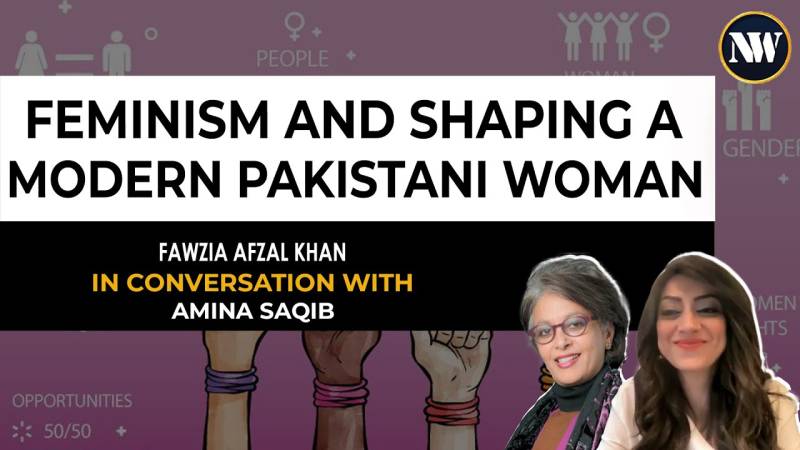In a world marred by stereotypes and prejudices, Fawzia Afzal Khan's inspiring journey stands as a testament to the power of resilience, determination, and the pursuit of justice. As a Pakistani-born American academic, author, playwright, actor, and activist, Khan has shattered barriers and challenged perceptions on multiple fronts. Her lifelong battle for gender equality, religious freedom, and social justice has not only been a personal quest but a collective endeavor to transform societies, both in her homeland and adopted country.
Khan's journey commenced in Pakistan, where she was raised in an educated, middle-class family that valued education and empowerment. Born as the eldest child in Lahore, Khan's parents, an educated mother with a master's degree in English and a father who was a statistician, instilled in her the importance of education and self-reliance. However, as a young girl, Khan soon became acutely aware of societal constraints imposed upon women, even within her privileged background.
Her formative years were marked by a paradox: while encouraged to pursue her passions and talents, Khan encountered a series of limitations that were imposed solely due to her gender. These restrictions, stemming from cultural norms, questioned the boundaries of her aspirations. This juxtaposition between encouragement and restriction fueled Khan's early feminist consciousness, urging her to challenge societal norms that held back women.
As Khan delved into her academic pursuits, she found herself carving her own path, striving to break free from societal expectations. Her resilience and determination led her to the United States for higher education, where she continued her exploration of feminism, activism, and advocacy. The transformational experience in the U.S. further solidified her commitment to challenging stereotypes and fighting for the rights of marginalized communities.
Khan's activism extended beyond academic discourse, as she actively participated in advocating for gender equality and women's rights. Her groundbreaking work as the director of the Women and Gender Studies Program and her involvement in the South Asian Feminist Caucus of the National Women's Studies Association of North America demonstrated her dedication to pushing boundaries and advocating for the underrepresented.
One of Khan's notable contributions has been her efforts to challenge the stereotypical perceptions of Pakistani women, both in the West and within her homeland. Through her writings, lectures, and films, she highlighted the multifaceted lives of Pakistani women, countering the prevailing narrative of oppression and lack of agency. Her documentary film "Siren Song" shed light on the lives of Pakistani female singers, dispelling misconceptions and revealing the complexities of their struggles and achievements.
Khan's journey has been marked by challenges, particularly in the face of societal conservatism and backlash against her progressive ideals. Her unapologetic stance on issues such as Palestine and Israel, despite facing resistance and accusations, showcases her unwavering commitment to speaking truth to power. The obstacles she faced, both within academia and in the larger public discourse, did not deter her from fighting for what she believed in.
Perhaps one of the most remarkable aspects of Khan's journey is her ability to balance multiple identities and roles. As a feminist, Muslim, and advocate for social justice, she demonstrates that these identities are not mutually exclusive but can coexist harmoniously. Her ability to challenge traditional norms while embracing her faith underscores the power of nuanced perspectives and the potential for positive change within conservative contexts.
Khan's journey also serves as an inspiration for young women who aspire to make a difference. Her message is clear: face obstacles head-on, challenge stereotypes, and embrace your convictions unapologetically. In a world that often tries to pigeonhole individuals based on their gender, ethnicity, or beliefs, Khan's journey exemplifies the importance of staying true to oneself while working tirelessly to break down barriers.

